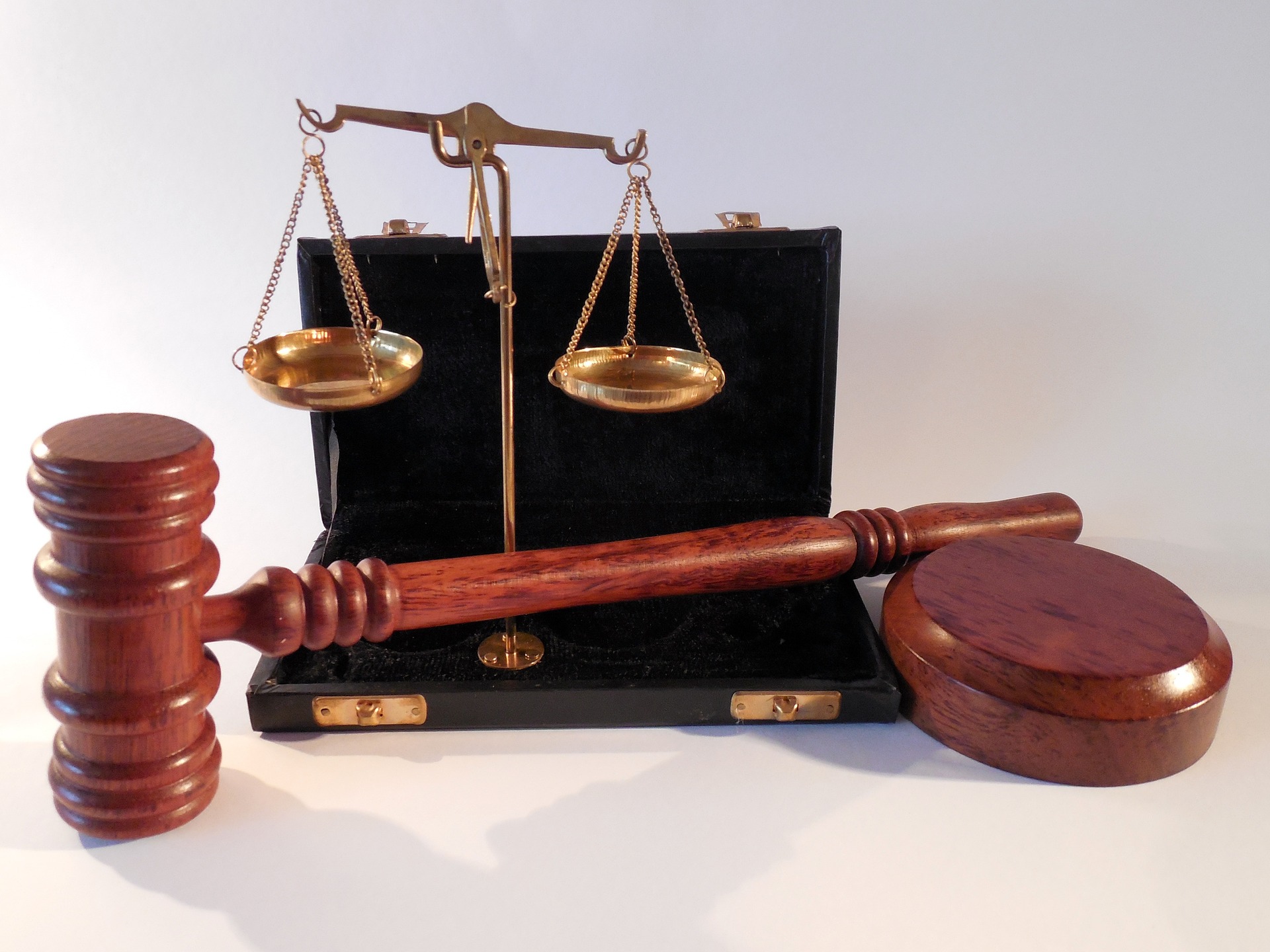© 2024 Law Office of Sarina Gianna, LLC.
All rights reserved. Attorney advertising.

How do I Choose the Right Divorce Mediator?
First, you make the difficult decision to divorce. Then, you weigh your available options for dispute resolution, arriving at the decision to pursue mediation as an alternative to traditional litigation. Your next essential question is how to choose the best mediator for you. Just as you might assume, all mediators are not created equal. In fact, the variability of credentials, experience, and approaches can leave you feeling unsure as to how you might distinguish the best candidates from the slew of options. When evaluating a divorce mediator, considering qualifications such as years of experience with mediation, a specialization in divorce and family law, and a firm handle on more complex issues involving child custody and division of assets will assist you in making an informed decision. Equally important, your mediator should communicate his or her commitment to fairness, collaboration, and empowerment during the process. Below is a list of some of the most valuable things to look for when it comes to a potential mediator.
Choosing the Right Divorce Mediator
Specialization in Divorce and Family Law: An attorney who is specialized in divorce and family law has the ability to accumulate an extensive body of knowledge and resources within this area of practice, just as in medicine, an orthopedist may know more about your bones that a general practitioner. It also increases the likelihood that he or she has seen a variety of cases with different levels of complexity, including sophisticated marital estates and contentious child custody battles.
Years of Experience: A divorce and family lawyer with many years of experience on both the litigation and mediation sides of divorce resolution can provide you with a well-rounded vision of your case and discuss potential outcomes for mediation versus taking your case to trial. He or she may also have handled more complex matters of child custody or property distribution, which contributes to more creative solution development during the mediation process.
A Commitment to Fairness: Your mediator should communicate a strong commitment to fairness, objectivity, and neutrality throughout the process. He or she should not in any way show favoritism to either of the parties, but instead, should recognize and validate the perspectives of both sides of the issue, encouraging communication and collaboration in achieving resolution.
Creative Problem-Solving: A good divorce mediator should be dedicated to finding solutions. He or she should continuously work to develop innovative strategies for approaching the range of issues that you and your spouse may need resolved. Mediation is limited only by the creativity of the mediator and the participants, meaning that anything is possible when crafting arrangements that best serve your family’s future.
Empowering You: Your mediator should encourage you and your spouse to feel empowered and in control throughout the mediation process. He or she should provide you with as much information as possible, allowing you to make decisions together, based on all relevant information. The law can be intimidating and overwhelming. Your mediator should explain the legal implications of your decisions in an accessible manner, serving as an educator, and guiding you every step of the way.
Contact our experienced Ocean City firm
Matters of divorce and family law require the attention and skill of an experienced attorney who will fight for your future. Not only is your financial well-being at stake, but in a divorce, both you and your children’s emotional well-being are at risk as well. If you need a divorce and family law attorney in Ocean County, New Jersey, please do not hesitate to contact the Law Office of Sarina Gianna, LLC today to schedule a consultation.
